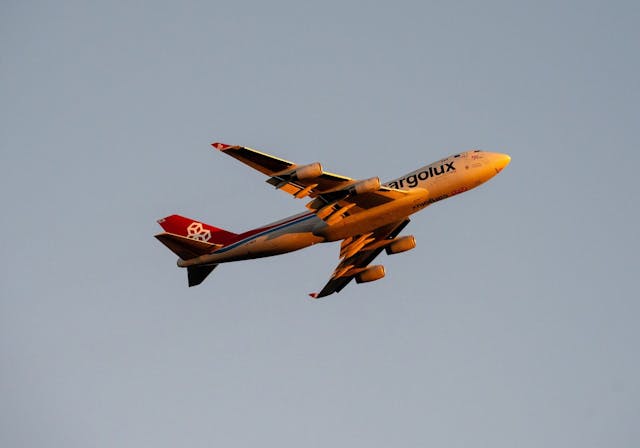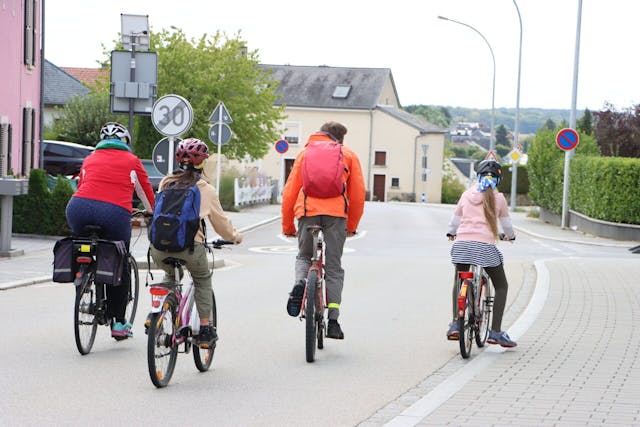Who will feed Europe tomorrow: ministers discuss the generational crisis in agriculture

Getty Images
After an eight-year hiatus, Luxembourg has once again organised an informal meeting of agricultural ministers from the German-speaking countries. The Minister of Agriculture, Food and Wine, Martine Hansen, invited colleagues from Austria, Switzerland, Liechtenstein and Germany to discuss one of the most pressing topics in the agricultural sector - generational change in the countryside.
In Luxembourg, half of the farmers will reach retirement age in the next decade. Even more worryingly, in 50% of cases they have no heirs at all, ready to carry on the business. In 20% of cases, succession is in doubt. The situation is particularly critical in the wine industry: 61% of winemakers over 50 years of age do not see who to pass on the farm to.
This is a worrying trend that is being repeated in all participating countries. Without young farmers, Europe risks losing its food independence - this was the general conclusion of the meeting.
At the meeting, representatives of youth agricultural organisations in Luxembourg, Charel Ferring and Sam Mille, identified the main barriers: low income, difficulties in obtaining credit, opaque prospects, excessive bureaucracy. Add to this public mistrust and environmental constraints and the choice of a farming career does not look particularly attractive.
Ministers emphasised the need to raise the social prestige of agricultural professions. State support should go beyond subsidies - it should include psychological and social support, training, legal clarity and reputational protection.
In the practical part of the meeting, the ministers visited "Biohaff Steichen", a family farm put in the hands of the younger generation. The new farming concept here combines organic pig farming, animal welfare, openness and innovation. The farm has become a symbol of what a successful structural transition in the agribusiness sector can be.
The meeting concluded with a dinner at Bourscheid Castle, where participants tasted regional produce and wines that showcased the richness and potential of local agriculture. It was not just a diplomatic gesture, but a reminder of the close connection between land, culture and identity - and that it must be preserved before those who know the land best leave.





